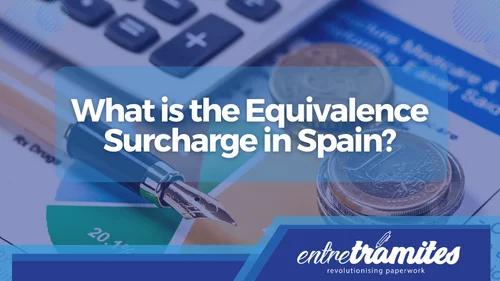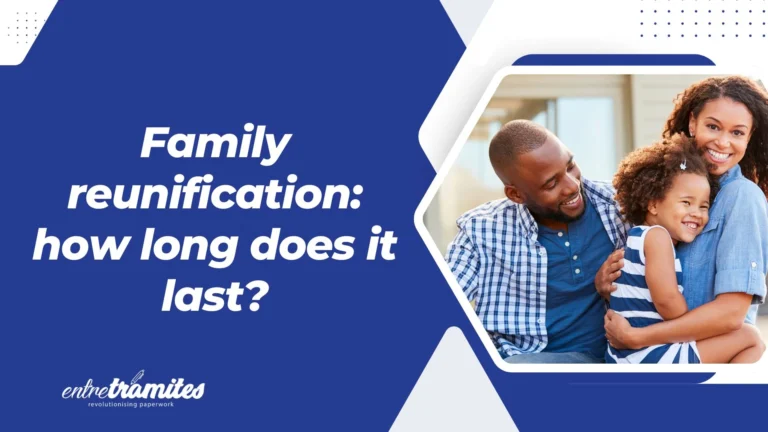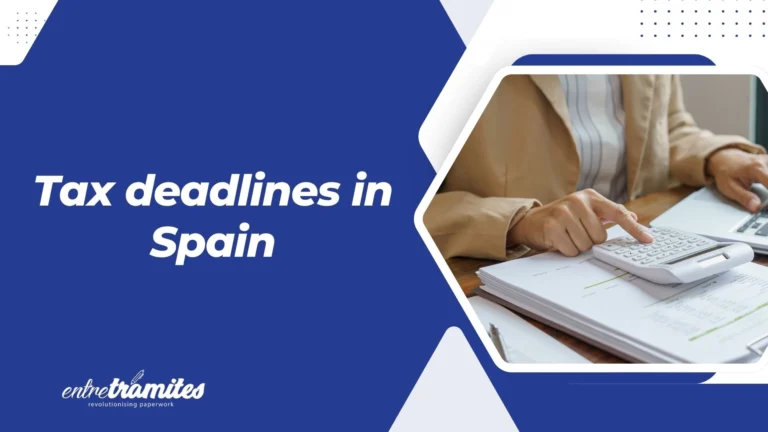You may have heard of the “Equivalence Surcharge” in Spain, especially if you have a small business or are self-employed. Essentially, it is an indirect tax system that applies only to certain business activities. In this article, we offer you complete information on the equivalence surcharge in Spain during the year 2023.
What is the Equivalence Surcharge?
It is an indirect tax system that applies to specific business activities, such as retail and wholesale trade, and crafts. The system allows a simplified method of paying VAT (Value Added Tax). The basic idea is to make it easier for small businesses to calculate VAT. It means that the tax amount is included in the final price charged to the customer, instead of being billed separately.
How does the Equivalence Surcharge work?
For companies that take advantage of this Surcharge, VAT is included in the final price charged to the consumer. Therefore, companies do not have to issue VAT invoices. In addition, companies covered by the Equivalence Surcharge do not obtain input VAT credits, but neither do they have to pay VAT to the Government separately. This helps small businesses to manage their finances and tax obligations more easily.
It is important to note that not all companies that can benefit from this system are required to opt for the Equivalence Surcharge. In addition, companies that choose to benefit from this regime must notify their customers that the tax is included in the price.
What activities are eligible for the Equivalence Surcharge?
The activities eligible for the Equivalence Surcharge in Spain are:
- Retail sale of goods such as electronics, clothing, and furniture.
- Wholesale sales of said products.
- Craftsmen who are registered in special production tax regimes, such as painters, photographers, sculptors, etc.
- Other regulated companies that appear in the official regulations.
Benefits of using the Equivalence Surcharge
There are some benefits associated with the use of the Equivalence Surcharge. Some of these benefits include:
- Less tax liability for small businesses.
- VAT does not need to be invoiced separately, making bookkeeping easier.
- Companies are not required to pay VAT separately.
- Businesses can pass the tax cost on to consumers without additional fees or taxes.
Disadvantages of using the Equivalence Surcharge
Although using the Equivalence Surcharge system has several advantages, companies must also take into account the drawbacks before opting for it. Some of the drawbacks are:
- Companies cannot request input VAT credits.
- The tax cost may be too high for some customers to pay in advance.
- The Equivalence Surcharge cannot be used for services, nor for certain goods such as alcoholic beverages and tobacco products.
How to register for the Equivalence Surcharge?
To register, companies must follow the standard VAT registration procedure. If a company is eligible for the Equivalence Surcharge, it will be informed by the tax authorities during the VAT registration process and it will be applied automatically.
However, companies should also consider the tax implications of opting for the regime before making a final decision.
Types of equivalence surcharge
- 5.2% for items that have VAT at the general rate of 21%.
- 1.4% for items that have VAT at a reduced rate of 10%.
- 0.5% for items that have VAT at a reduced rate of 4%.
- 1.75% for tobacco.
Is the Equivalence Surcharge relevant in 2023?
Yes, it is still relevant in 2023. This particular system has been available in Spain for many years, and is likely to continue for the foreseeable future. However, there have been some changes in the tax rate in recent years.
The tax rate for sales with an Equivalency Surcharge is 1%, which may seem low compared to the usual VAT rate of 21%. However, it can still account for a significant part of a company’s revenue if the sales volume is high.
Without a doubt, the Equivalence Surcharge is a tax system that small Spanish companies that meet certain requirements can benefit from. It simplifies VAT payment by including it in the final price charged to customers and eliminates the need for businesses to issue separate VAT invoices. Although this system can make life easier for some small businesses, it is not without its drawbacks. Therefore, companies should consider the implications before opting for the Equivalence Surcharge.
Finally, to avoid ‘encounters’ with the Tax Agency, you can count on the support of Entre Trámites to advise you on all matters related to Direct Debit We have specialists willing to help you.
Contact us, if you are self-employed or SME you can schedule a free consultation, call us or write to our WhatsApp!





